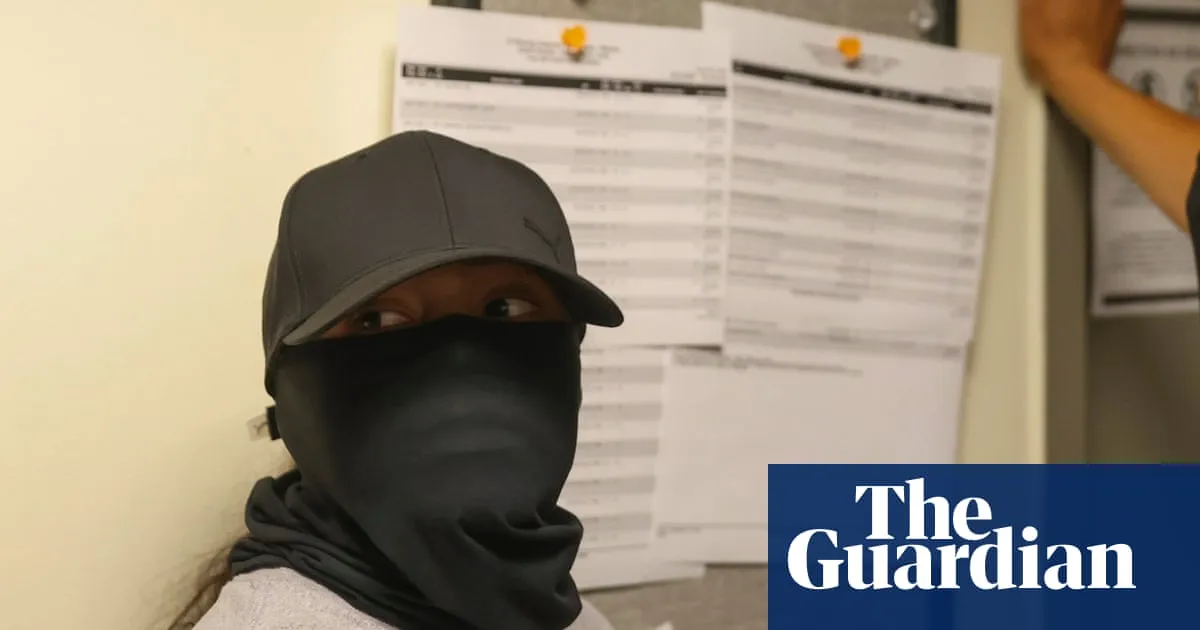
In a groundbreaking move, California has become the first state to prohibit most law enforcement officials, including federal immigration agents, from wearing face coverings while performing their duties. This significant legislation was signed into law by Governor Gavin Newsom on Saturday, marking a direct response to a series of controversial immigration raids in Los Angeles, where federal agents conducted mass arrests while masked.
The recent immigration raids, which sparked widespread protests, prompted former President Donald Trump to deploy National Guard troops and marines to the city. This escalation of federal enforcement has raised concerns about transparency and accountability in law enforcement practices. Critics argue that the use of masks by federal agents undermines public trust, making it difficult for citizens to identify who is serving and protecting them.
During the signing ceremony in Los Angeles, Governor Newsom expressed his commitment to countering federal overreach. “I thought Jon Stewart said it best: ‘This is not about the pronoun police, this is about the secret police,’” he stated. The new law specifically bans neck gaiters, ski masks, and other facial coverings for local and federal officers, including those in immigration enforcement, while they are conducting official business. However, exceptions exist for undercover agents and medical masks like N95 respirators.
The legislation has faced criticism from federal officials, with a Homeland Security representative labeling the measure as “despicable.” The official expressed concerns that the ban could jeopardize the safety of law enforcement officers, arguing that federal agents often face heightened harassment while executing their duties. Tricia McLaughlin, a spokesperson for Homeland Security, emphasized that federal agents are already required to identify themselves and wear visible markings during operations.
Supporters of the mask ban argue that it is essential for restoring public trust in law enforcement. They highlight that the recent decision by the Supreme Court to allow the federal administration to resume extensive immigration operations in Los Angeles underscores the need for increased transparency. The legislation aims to prevent impersonation of officers, which can lead to criminal activity.
Constitutional law expert Erwin Chemerinsky from the University of California, Berkeley, defended the legislation, stating that federal employees must comply with general state rules unless their duties are significantly affected. “For example, while on the job, federal employees must stop at red lights,” he noted in an opinion piece for the Sacramento Bee.
This mask ban is part of a series of measures introduced by the Democratic-controlled California legislature in response to Trump’s immigration policies focusing on mass deportation. In addition to the mask ban, Governor Newsom also signed legislation that restricts immigration agents from entering schools and healthcare facilities without a valid warrant or judicial order, ensuring that parents and teachers are informed when immigration agents are present on campus.
California's bold decision to ban face coverings for law enforcement officers represents a significant shift in the state's approach to immigration enforcement and public accountability. As this law takes effect, it will be crucial to monitor its implementation and impact on both law enforcement practices and community relations.